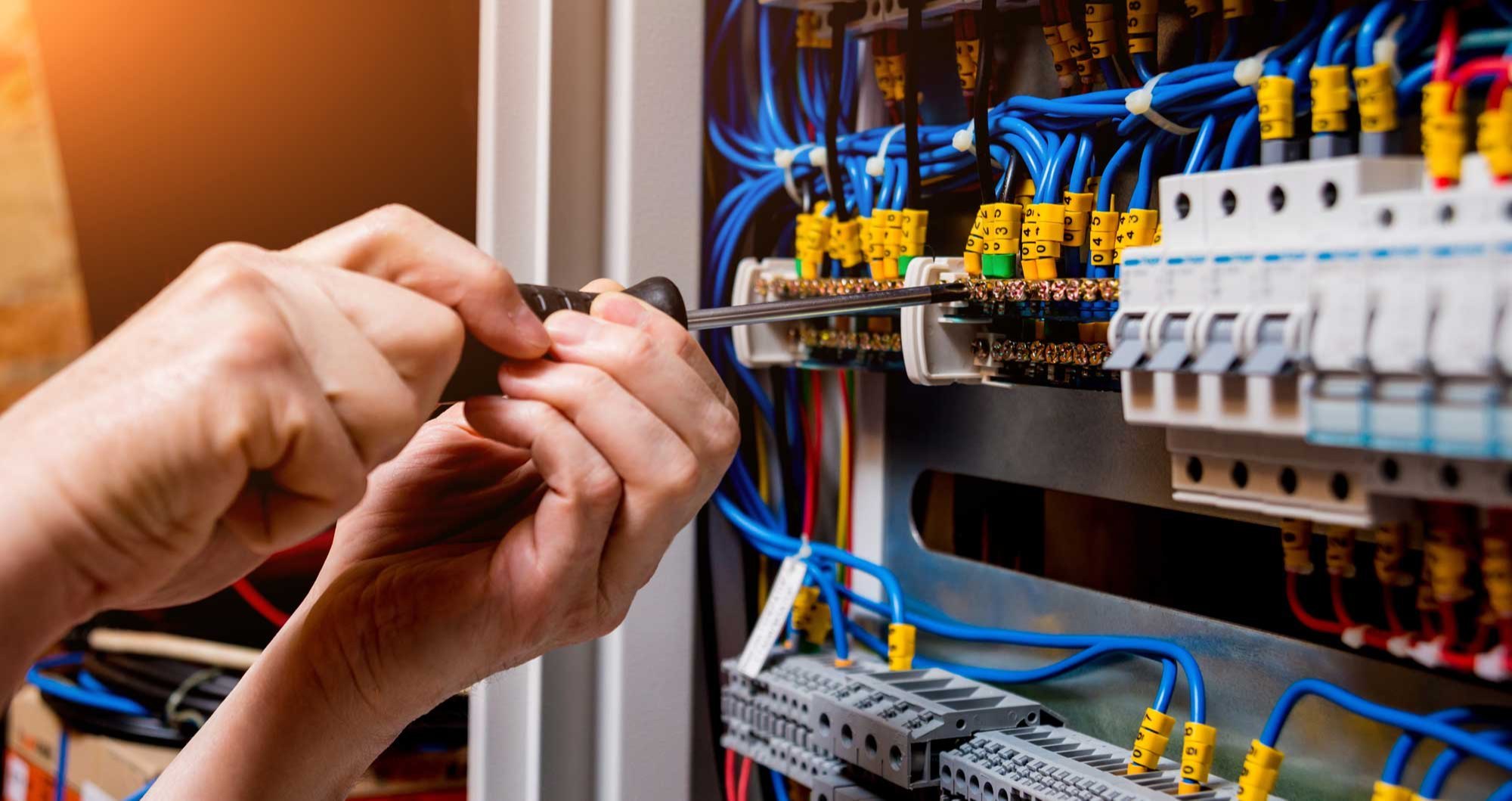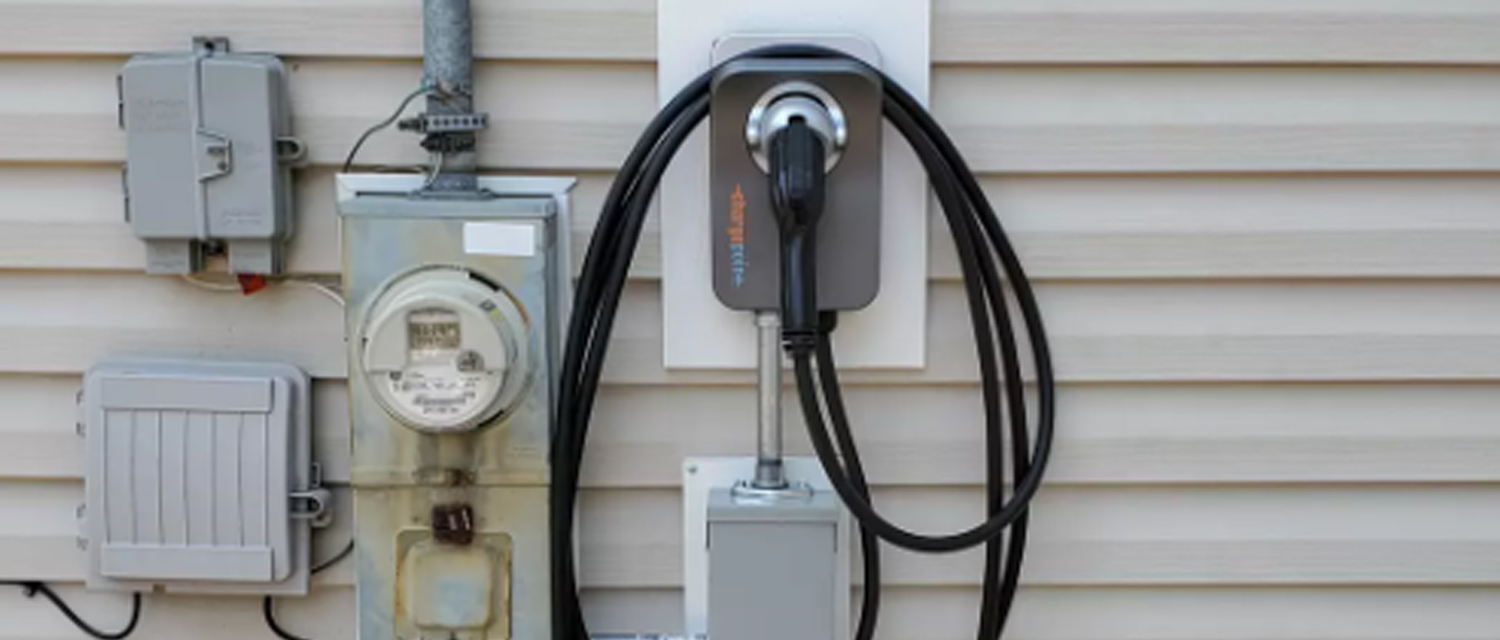Get free quotes within minutes
10 Essential Electrical Safety Tips For Your Home
Our homes, gadgets, and appliances play a crucial role in our everyday lives, relying heavily on electricity for ease and comfort. However, this convenience comes with potential risks that demand extreme safety and prudence. Electrical mishaps can lead to injuries, fires, and property damage, highlighting the importance of adhering to adequate electrical safety rules and procedures. To ensure the security of your family and property, it’s essential to follow home electrical safety tips. Here, we provide valuable electrical safety tips at home, along with crucial information that can help homeowners act wisely and stay safe during electrical mishaps.

Understanding Your Home's Electrical System
A home’s electrical system is a complex network of wires, devices, and circuits that powers the many tasks we rely on daily. The key components of this system include:
Breaker Panel: The entry point for power into the house, distributing electricity throughout the various circuits.
Circuit Breakers: Protect against electrical overloads, ensuring safety.
Outlets and Switches: Manage the flow of electricity to lights, electronic devices, and appliances. Different outlets serve different purposes and voltages, including standard outlets and Ground Fault Circuit Interrupter (GFCI) outlets designed for safety in wet areas.
These components are interconnected through wiring that typically uses either aluminium or copper conductors. Common electrical issues include overloaded circuits, tripped breakers, and malfunctioning outlets. Basic safety precautions involve using insulated tools, exercising caution when handling electrical devices, and avoiding contact with water. Prioritising electrical safety tips at home, adhering to electrical codes, and seeking professional assistance for complex issues is essential for maintaining a safe and reliable electrical system.
The Importance of Regular Electrical Maintenance
To ensure your electrical system remains safe, long-lasting, and efficient, regular maintenance is crucial. Routine maintenance involves testing, inspecting, and servicing electrical equipment and components. By identifying issues before they escalate, you can significantly reduce the risk of electrical malfunctions, accidents, or fires.
Key aspects of routine electrical maintenance include:
- Examining electrical panels.
- Checking the operation of switches and outlets.
- Inspecting connections for wear, damage, or corrosion.
- Verifying the functionality of circuit breakers.
- Evaluating wiring and the distribution of power.
Conducting regular inspections of electrical appliances and lighting systems can also help reduce energy consumption. Addressing issues such as power factor correction, voltage fluctuations, and routine maintenance contributes to a safer work environment and ensures compliance with safety protocols. Scheduled inspections and preventive measures lead to a longer lifespan for electrical appliances, lower repair costs, and reduced downtime. Engaging professional electricians or maintenance teams who adhere to industry standards can make a significant difference. Investing in routine electrical maintenance is a proactive approach that enhances safety, operational efficiency, and reliability.
10 Essential Electrical Safety Tips at Home
Utilise Smoke Alarms:
Securing your home and loved ones is paramount. A reliable smoke alarm system is essential. Consult an expert for insights on current regulations and guidelines regarding optimal smoke alarm placement. Ensure that your alarms are regularly tested and serviced for maximum safety.
Identify Electrical Hazards:
Prioritise safety by addressing any electrical hazards immediately. If you encounter malfunctioning electrical devices, turn them off and unplug them if safe to do so. Educate everyone in your home about the risks associated with electrical sockets. Avoid using faulty equipment until a licensed electrician has assessed and repaired it. If an appliance cannot be repaired, dispose of it safely, considering a new replacement for better efficiency.
Inspect Household Wiring:
Always prioritise your safety. If you notice any damage to appliance wiring, stop using the device immediately. If safe, unplug the appliance. You can either consult a professional for repairs or dispose of the appliance if necessary. Being cautious and addressing potential hazards promptly is vital for your peace of mind.
Dispose of Broken Appliances:
Replacing broken appliances is a key electrical safety tip. It might be time to part with outdated devices that do not meet current safety standards or compatibility. Consider taking non-functioning items, like an old radio, to your local e-waste recycling centre for responsible disposal.
Avoid Touching Wires and Switches When Wet:
Wetness and electricity do not mix. Always handle electrical appliances with dry hands to minimise the risk of electric shock. Keep liquids away from electrical devices, as even small amounts can pose risks. Unplug appliances like kettles before filling them and avoid using electrical devices in the bathroom.
Be Aware of Risks:
Ensure the safety of your workspace by regularly checking wiring and cables. Secure them properly to prevent tripping hazards. If electrical sockets are not easily accessible, consult an electrician about relocating them. Avoid running wires under carpets or rugs, as this can lead to dangerous situations, and never overload your sockets.
Turn Off When Not in Use:
Reducing the risk of an electrical fire is as simple as switching off unused sockets before bed. Conduct a quick inspection and turn off appliances that aren’t in use. This habit not only enhances safety but also saves on unnecessary electricity costs.
Routine Inspections:
Regularly visually inspect your home's electrical system for signs of frayed wires, exposed cables, and damaged outlets or switches. If you discover any issues, address them immediately or consult a qualified electrician.
Childproof Outlets:
Install outlet covers or tamper-resistant outlets to prevent young children from inserting objects into sockets. This reduces the risk of electrical shock. Consider installing GFCI outlets in wet areas like bathrooms, kitchens, and outdoor spaces to enhance safety.
Save Local Electrician Contact Details:
Always work with a licensed and experienced electrician for installations, repairs, or upgrades. DIY electrical work can be dangerous and lead to serious accidents. Keep the contact details of a trusted local electrician on hand for emergencies.
Emergency Response Plan
In case of an electrical emergency at home, having a quick and organised response plan is essential for ensuring safety.
- Educate all household members about the location of the main electrical panel and how to turn it off in emergencies.
- Clearly define evacuation routes and designated meeting points outside the house.
- In the event of an electrical fire, immediately turn off the main switch to stop the electricity flow.
- Always use an extinguisher designed for electrical fires instead of water.
- If someone suffers an electrical shock, avoid direct contact and use a non-conductive object to move them away from the source, then cut off the power supply.
Regularly assess and maintain your electrical system, and ensure everyone in the household knows the emergency response plan. Familiarity with this plan and conducting drills will prepare everyone to act quickly in an emergency.
Conclusion
Taking electrical safety seriously at home is vital. By adhering to these essential guidelines, you can significantly reduce the risks associated with electricity in your household. Being vigilant, addressing issues promptly, and seeking professional help, such as hiring a licensed electrician or EV charger installer, will make your home safer for you and your family. Implementing these safety precautions not only protects your loved ones but also provides peace of mind by proactively reducing the risks of electrical fires and accidents.
Are you considering making the switch to an electric car and curious about the maintenance costs? Explore our article on "How much does an electric car service cost?" for detailed insights into the servicing expenses associated with electric vehicles. From routine check-ups to battery maintenance, this guide provides a comprehensive breakdown of the expected costs for maintaining an electric car. Whether you're a new electric car owner or contemplating the transition, understanding the service expenses is crucial. Click here to delve into the article and gain a better understanding of the maintenance costs involved in owning an electric vehicle.





